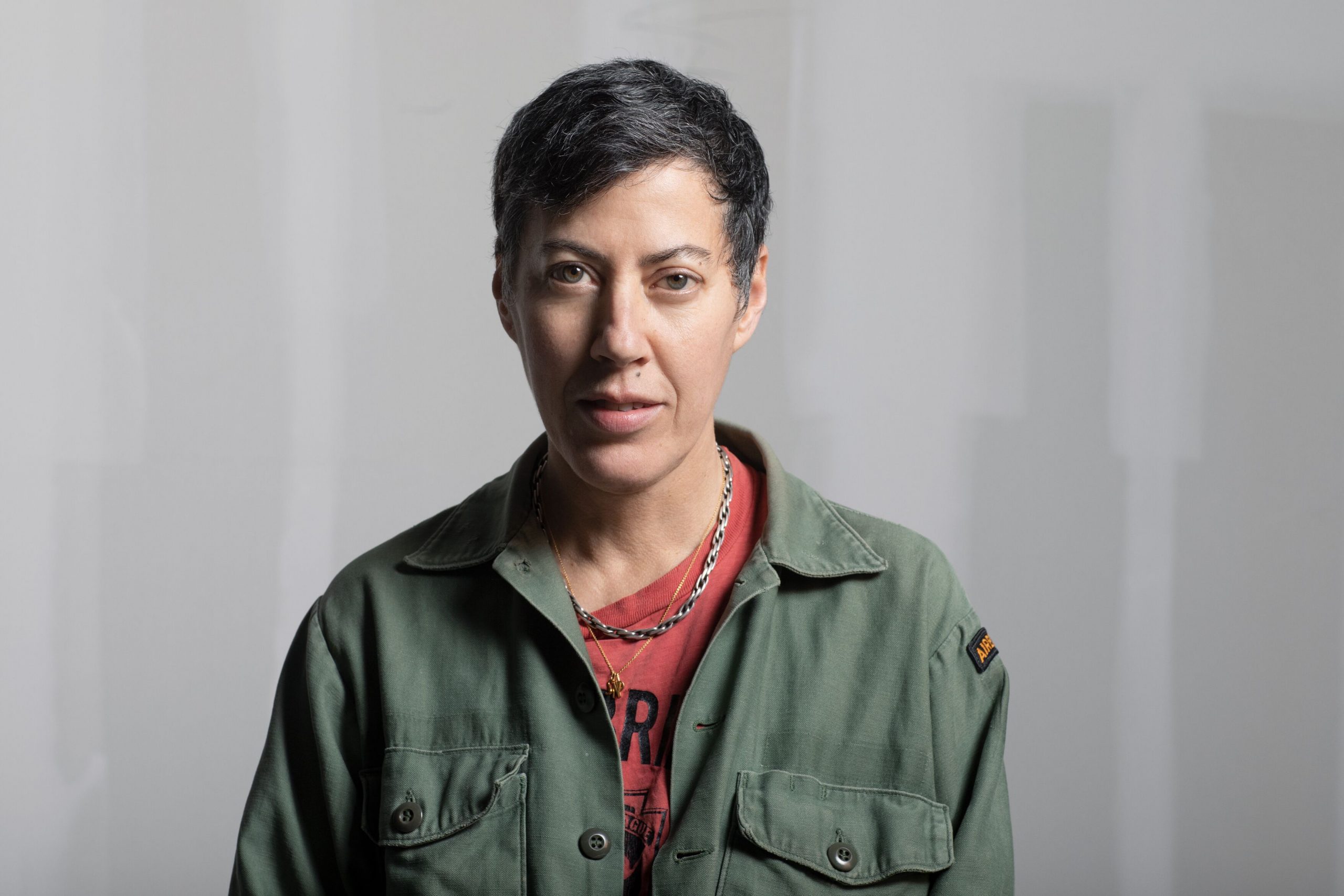Pablo Picasso’s 1904 painting Woman Ironing, which has been at the center of a restitution lawsuit in Manhattan Supreme Court, will remain with the Guggenheim Foundation. The lawsuit was dismissed by the court on the grounds that it failed to establish “actionable duress,” according to a report in Law.com.
The lawsuit against the Guggenheim was filed in January 2023 by Thomas Bennigson, a relative of the German Jewish art collector Karl Adler. In the complaint Bennigson claimed that Adler in 1938 sold the painting under duress in order to fund his and his family’s escape from the Nazi regime to Argentina.
He sold the picture, which in 1931 was appraised at $14,000, to a Parisian art dealer and Picasso expert named Justin Thannhauser for just over 10 percent of its worth, $1,552. The complaint alleges that Thannhauser “was well aware of the plight of Adler and his family. And that, absent Nazi persecution, Adler would never have sold the painting when he did at such a price.”
Woman Ironing now has an estimated value of between $150 million and $200 million.
The courts do not have clear guidance on what the conditions must be for a sale to be considered “under duress.” In a January 2023 story in the Washington Post, the New York–based art and cultural heritage lawyer Leila Amineddoleh said judges are “reluctant to void sales” that are claimed to have been under duress.
“It seems that the courts are kind of punting this question and deciding [cases] on other grounds,” she added.
The judge in this case, Andrew Borrok, did exactly that. His decision hinged on the fact that the family had been aware that the Guggenheim had the painting for years. Thannhauser, who died in 1976, gifted the artwork to the Guggenheim Foundation in his will. In his decision Justice Borrok wrote that “in 1974, and prior to acquiring the Painting, the Guggenheim contacted the Adlers and asked specific questions about the Painting’s provenance to which the Adlers never in any way indicated that the Sale was tainted by duress as the plaintiffs now allege.”
Further, Justice Borrok stated that the plaintiffs failed to show any specific duress or malice suffered by the Adler family that would have prompted the sale. The complaint, the judge wrote, assumes that sales made “during the Nazi era are per se void or voidable because those sales occurred in a coercive market created by the Nazis,” but doesn’t show any specific coercion attached to this particular sale.
“Nothing was threatened that would happen specifically if Adler refused to sell the Painting to J. Thannhauser when he did or at the price he did either by the Nazis or anyone collaborating with the Nazis,” Justice Borrok wrote.
Restituting works through the courts has proven quite difficult, with several examples in recent months of such lawsuits being dismissed. Earlier this month, a federal court dismissed a lawsuit against the Japanese company Sompo Holdings surrounding Vincent van Gogh’s Sunflowers. On May 29, the Fifth Circuit court of appeals found that the Museum of Fine Arts Houston could keep Bernardo Bellotto’s The Marketplace at Pirna, a work that was being claimed by the heirs of Max J. Emden, who sold the picture, and two other Bellottos, to a dealer who was working on behalf of the German government in 1938.


